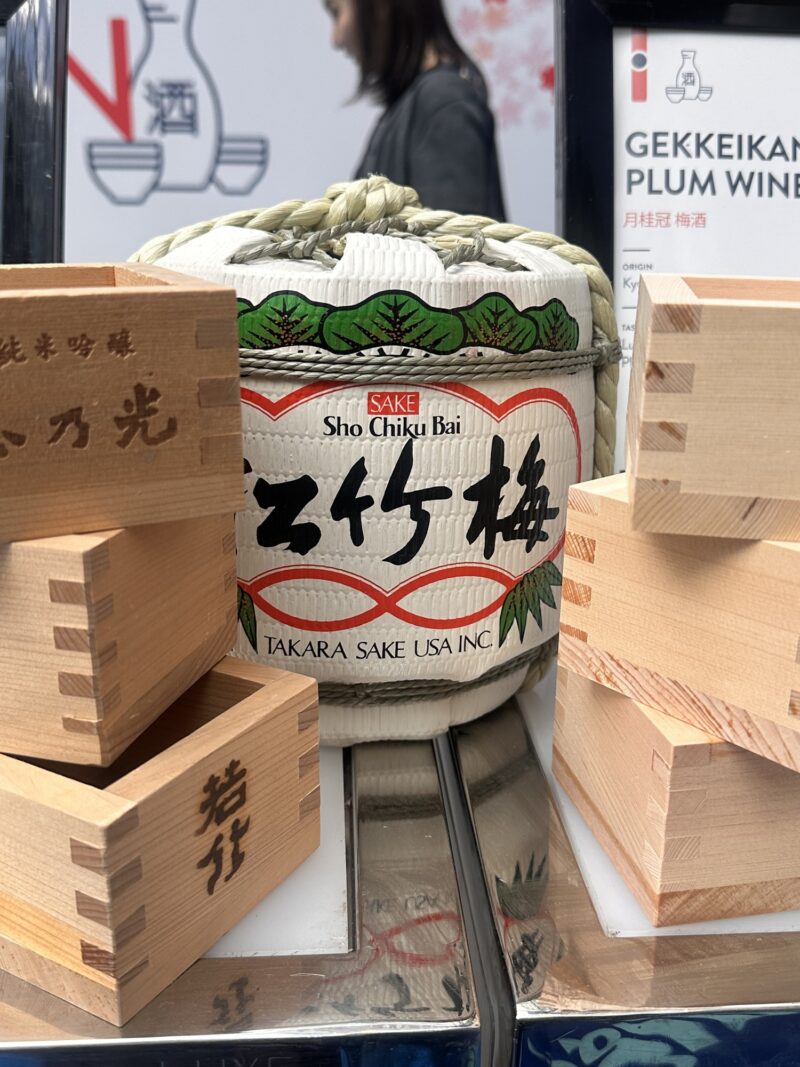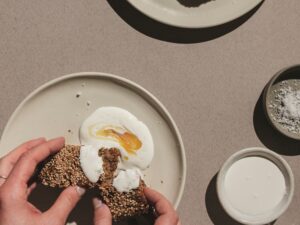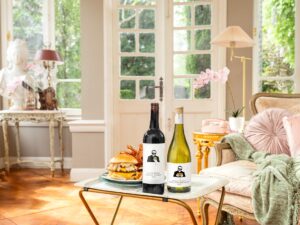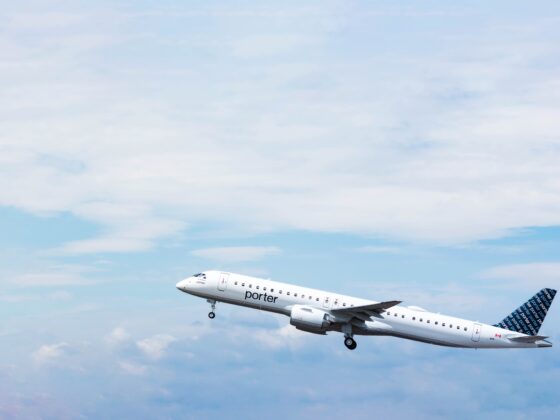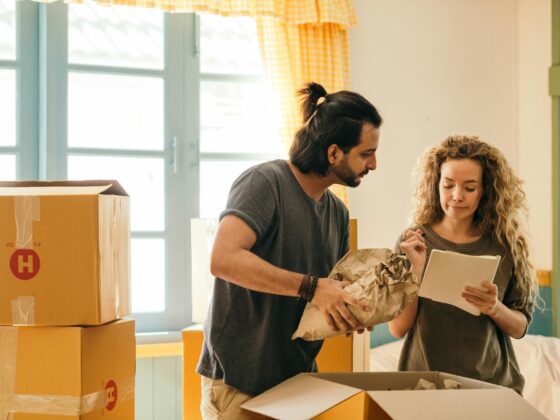I recently had the chance to visit Next Stop Japan at the Eaton Centre in Toronto and learned more about the country’s national spirit – sake. Next Stop Japan was hosted by the Consulate General of Japan, The Japan External Trade Organization (JETRO), and The Japan Foundation. Patrons listened to a lecture from a Sake Samurai, tasted sake and indulged in some light Japanese fare.
Sake is not exactly a wine, nor is it as traditional spirit. It is an alcoholic beverage made with fermented rice, water, koji-kin (sake mould fungus) and yeast. The most premium sake use sake-specific rice due to the well-defined starch heart and few fats and proteins. We learned that sake grades are governed by rice polish rate, meaning how much of the rice was polished away before sake making. Removing more rice reduces the cereal-like profile of the sake. It can then, be more fruity or floral. The higher the rice polish rate, the more premium (and expensive) the sake.
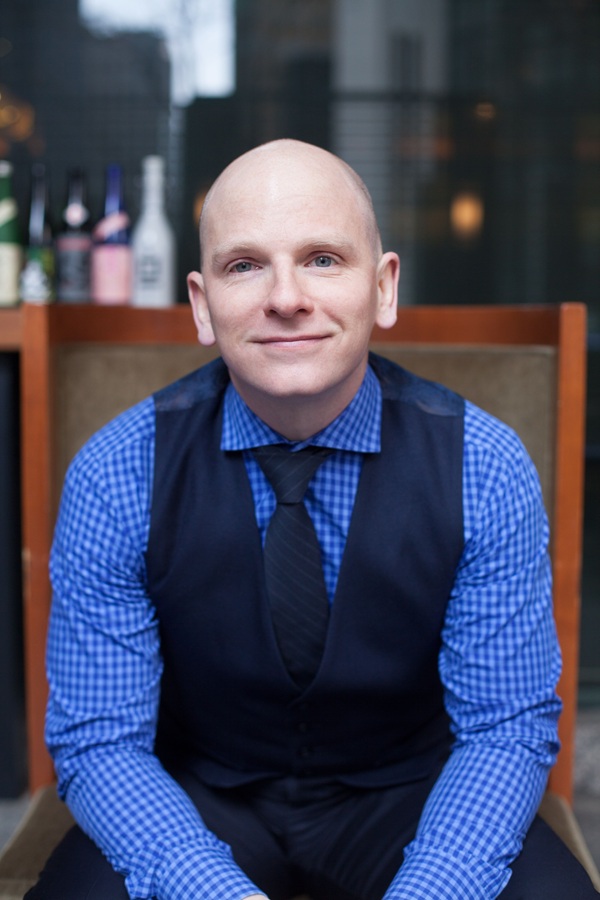
There are only 100 Sake Samurai’s in the world with just two in Canada. To gain deeper insight into Japan’s national spirit, I spoke with Michael Tremblay, one of only two Sake Samurai in Canada:
What developed your passion for sake?
I started out as a sommelier. I got into the profession because I love learning about the world through the lens of wine. I started working at Ki Modern Japanese + Bar in the financial district. They had a decent sake list, and I fell in love with and telling the stories behind it. Each brewery has such a fascinating history behind it, some of them going back almost 800 years. It just captured my imagination.
At the time, in Toronto there nobody was doing any type of sake education. We had a very busy restaurant with a lot of staff and I was doing a lot of teaching, and the rest is history.
How does one become a Sake Samurai?
I think many people want to become one in the sake world. A Sake Samurai is not something you can apply for. Sake brewers vote for candidates. Once a year, they invite five people to Kyoto, to a shrine that’s 1300 years old and you are invited to be inducted as a Sake Samurai. It recognizes the work you are doing in promoting Japanese sake and Japanese culture around the world. Some Sake Samurai are former ambassadors of Japan including the former ambassador of Japan to Canada.
I got the tap in 2016, and it was a huge honour. Since then, I have loved doing these kinds of events where I’m not just speaking to people in the hospitality world who are trying to do a deep dive. It is important to kick-start passion in new people as they become exposed to sake.
Do you have a favourite sake?
I have many favourites. From a regional standpoint, I gravitate to dry sake, and I like the sake of Hokkaido in the north and Kochi in the south. Both can have a lighter, drier persona that is really great with food, and they are very quenching. You just can’t stop drinking them and you don’t get tired of them.
What kind of sake do you recommend to beginners?
I recommend any sake to beginners. One of the challenges with sake is that it can be expensive, particularly for the top grades. I think what is important is just finding a sake that suits you. There are some sparkling sake at 5% alcohol if you don’t like things that are too boozy. Most sake is around 13% to 15% alcohol, which is not too high. It’s more like wine. There are many different kinds of profiles, and I firmly believe there is a sake for everyone.
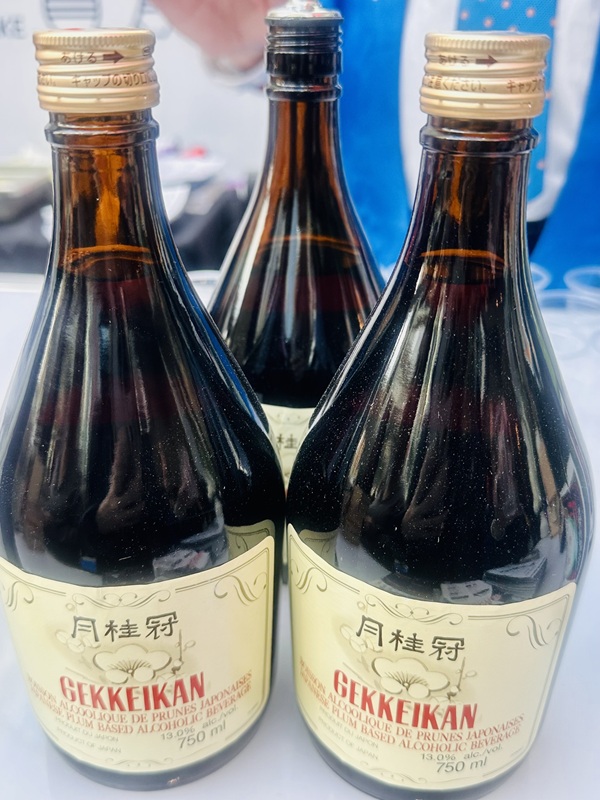
I tried four different sakes that day. My favourite was unexpected, because I usually like dry wine or spirits. Gekkeikan, a plum wine sake was so easy to drink, it was dangerous. Although it was sweet, it wasn’t heavy. I do agree with Michael Tremblay though – there is a sake for everyone, and you will have a delicious time finding yours.
Recognized by UNESCO as an “intangible cultural heritage”, access to sake is limited in Ontario. Sake Month at the LCBO is running until March 1st at select locations in Downtown Toronto, Mississauga, North York, Ottawa, Scarborough, Richmond Hill and Markham. During Sake Month, 9 sake will be available. There are still tasting opportunities on February 21st and 22nd at the LCBO’s Manulife location at 55 Bloor Street West and at 8783 Yonge Street.

